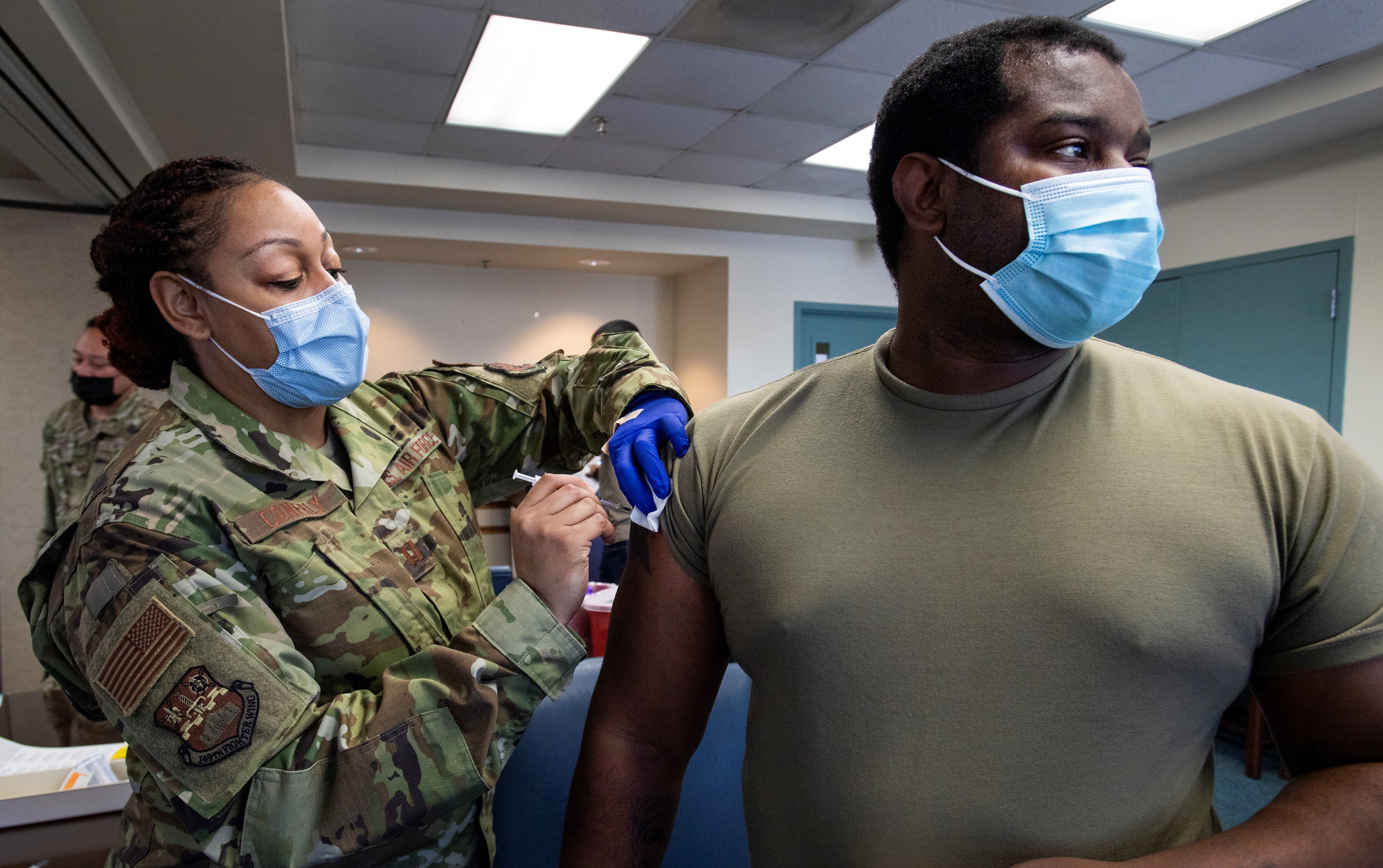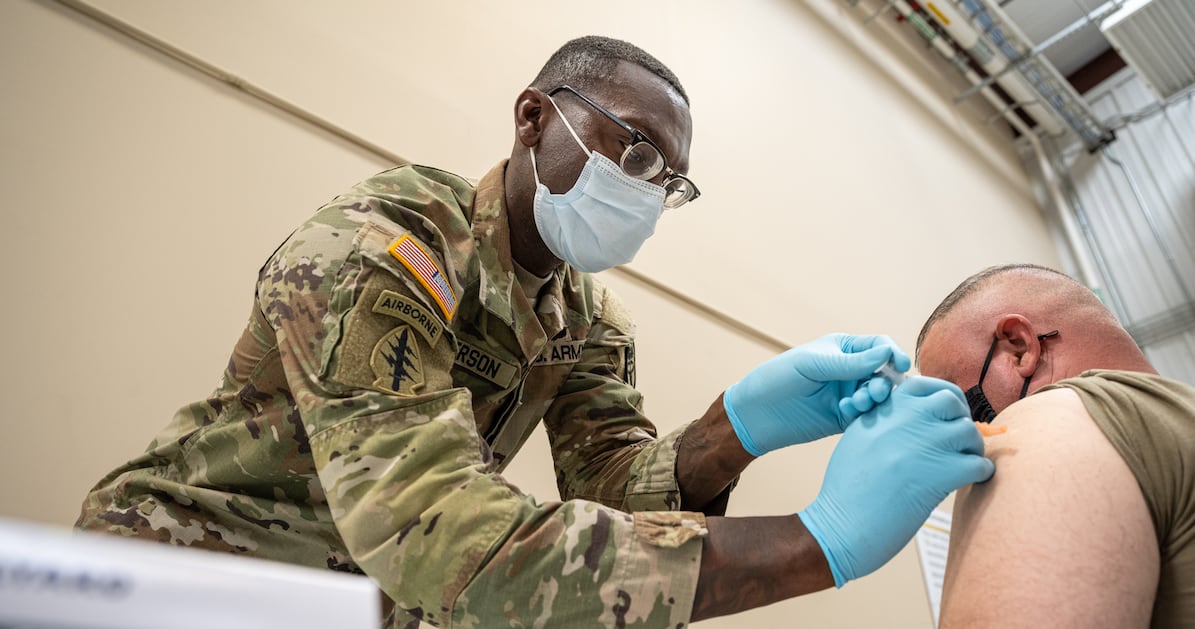The Defense Department can’t rely on COVID-19 patient data it collected during the pandemic to inform future care or public health decisions because that data is “not complete, accurate or representative” of all DoD patients who experienced a COVID event, according to a watchdog report released this month.
The Pentagon’s Defense Health Agency stood up a registry in July 2020 that was supposed to collect and track all COVID-19 incidents logged into the military health system, and an unidentified contractor was hired to take on the work, according to the DoD Office of the Inspector General report.
And while the accuracy rate of the data was supposed to be at least 90 percent, the IG found errors in 24 of the 25 registry records they reviewed.
As a result, the report warns that any COVID patient data collected is “inaccurate and potentially misleading,” while costing the Pentagon $6.2 million “for registry support services that did not meet the data accuracy requirements,” the report states.
“Without complete and accurate data that represent the DoD patients in the (military health system) who had a COVID-19 event, health care providers may not be able to properly assess and improve COVID-19 treatment and more effectively track the epidemiology of the disease,” the report warns. “A properly designed and executed registry can provide the DoD with real-time information on patient outcomes and can contribute to the research and development of treatments.”
RELATED

Such data is regularly collected by healthcare organizations to learn more about a particular disease or condition, and is vital for assessing treatments and outcomes, as well as developing best practices for patient care.
The health agency defines a COVID event as a positive test, when a patient is admitted to a military medical facility or when they are required to quarantine, according to the report, and each registry input can have up to 187 “unique data fields.”
Because DoD systems don’t automatically populate data sets like the COVID registry, medical personnel were contracted to review patient records, validate that a COVID event occurred and then enter that patient’s health data into the registry.
But IG officials “identified internal control weakness related to the process to identify and collect (military health system) COVID-19 patient health data, ensure the accuracy of data entered into the COVID-19 Registry, and provide quality assurance and oversight of the registry,” the report states.
RELATED

DoD officials missed at least 7,213 patients in the military health system who had a COVID event that required entry in the registry, and officials didn’t design or implement a quality assurance surveillance plan to ensure the contractors were hitting the required accuracy rate of at least 90 percent, the report states.
The department also doesn’t have “a consistent and repeatable process for developing and populating patient registries,” the IG notes.
Responding for the Defense Health Agency, the under secretary of defense for personnel and readiness pushed back and “disagreed” that the data entered into the registry was inaccurate, but the IG countered that compliance nurses did not properly follow quality assurance processes.
The IG recommends that DoD set up a policy for developing and populating such registries, and to conduct a review of all military health system registries to verify that the corresponding data is reliable.
The under secretary of defense for personnel and readiness disagreed with eight of the IG’s 12 recommendations for addressing the issue, according to the report, and the IG has requested additional comments from the office within the next month.
Geoff is the managing editor of Military Times, but he still loves writing stories. He covered Iraq and Afghanistan extensively and was a reporter at the Chicago Tribune. He welcomes any and all kinds of tips at geoffz@militarytimes.com.





